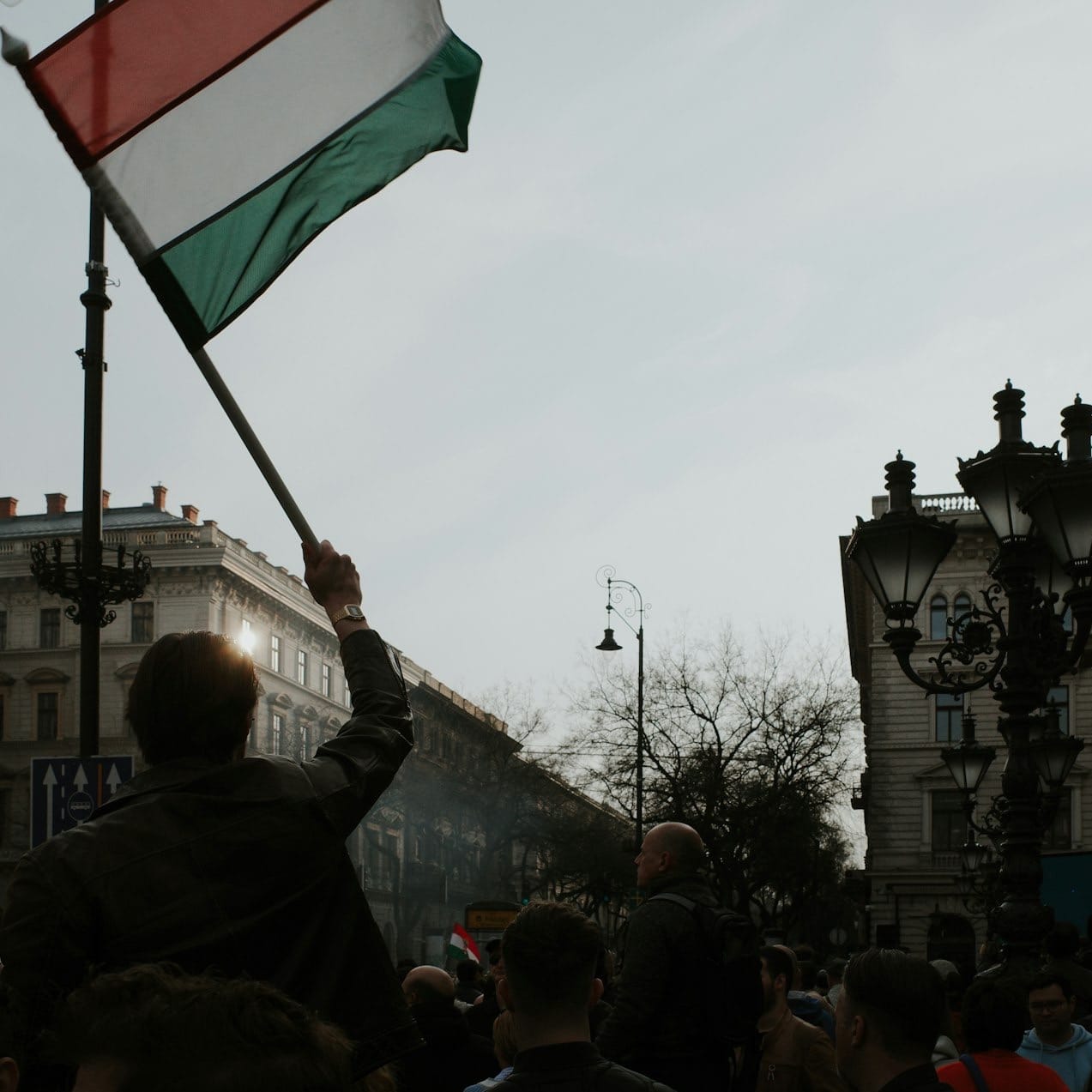The democracy paradox: why no political ads may empower illiberals
The EU’s new political ad rules, taking effect in Oct 2025, pushed Meta and Google to discontinue political ads in Europe. While meant to boost transparency, the situation risks aiding regimes like Orbán’s Fidesz, which dominate media and can drown out opposition voices.

The EU's new political advertising regulations, which come into force in October 2025, resulted in META and Google platforms choosing to discontinue political and social advertising throughout Europe.
Although the EU’s Regulation on the Transparency and Targeting of Political Advertising (TTPA) was designed to ensure a fairer and more transparent media and advertising environment, it may give an unexpected advantage to illiberal regimes that control traditional media, state resources, and organizations disguised as civil society groups.
Hungarian example
For example, in Hungary, Prime Minister Viktor Orbán’s party, Fidesz, exercises significant control over the regional press, reinforces its own narratives through political networks disguised as civil society organizations, and has an extensive media empire.
The upcoming absence of paid online advertising is not a disadvantage but rather an opportunity for the Fidesz party: it restricts one of the opposition’s main avenues of action while allowing the government’s narratives to spread unchecked, amplify their messaging, and, through proxies, dominate social media platforms.
The upcoming 2026 Hungarian elections could be a severe test of this dilemma. While the paid political advertising discontinuation theoretically applies to all political actors, it puts the opposition (which relies on independent social media platforms more than anyone else) in a more difficult position.
Fidesz will mobilize its organizations disguised as civil society groups with an organic following and its extensive network of newspapers, which may find loopholes to evade the ban. These channels can easily influence public opinion in rural areas, spreading content disguised as organic on social media and continuously reinforcing the government's narrative.
Unintended consequences
In conclusion, paid political advertising changes in the EU can create conditions in which political competition becomes distorted rather than balanced, giving authoritarian regimes a blank check to strengthen their narratives further.
